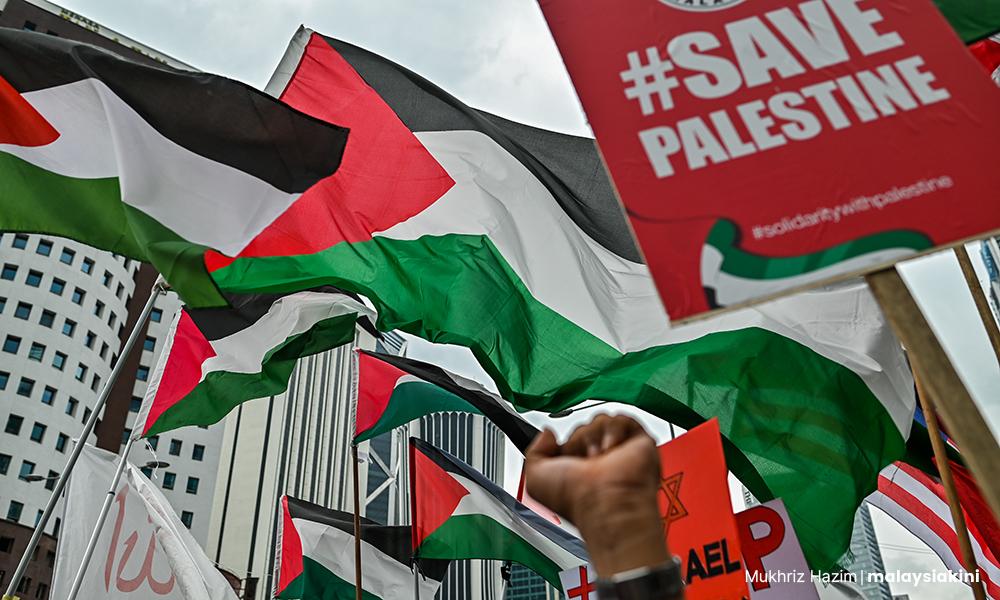


In post-colonial Hong Kong, there is a growing debate about the role of religious schools in the education system. An opinion piece in the South China Morning Post argues that these schools should be critically examined and potentially phased out [056b4bcc]. The author raises concerns about religious freedom being compromised in these schools, where students may feel pressured to join a church for admission purposes. The author also questions the relevance of studying biblical quotes and prayers in today's context and suggests that religious bodies propagating Western values may not have a place in the Hong Kong Special Administrative Region [056b4bcc]. This perspective reflects the changing social and cultural landscape of post-colonial Hong Kong, as the city moves away from its colonial past [056b4bcc].
Similarly, in Malaysia, the Education Ministry is facing criticism for overstepping its policies by using the conflict in the Middle East as a benchmark for teaching solidarity and empathy [24d0fbd6]. Critics argue that the ministry should focus on promoting empathy between Muslims and non-Muslims within Malaysia, rather than involving students in a complicated and controversial international issue. They view this approach as a form of indoctrination and a violation of the Federal Constitution. Some even see it as religious propaganda aimed at instilling hatred and bigotry in young minds [24d0fbd6].
Both cases highlight the need to reassess the influence of religious institutions in the education systems of Hong Kong and Malaysia. As these countries navigate their post-colonial identities, it is important to balance religious freedom, cultural diversity, and secular education. The discussions surrounding religious schools and the use of international conflicts in teaching empathy reflect the broader theme of rethinking religious education in post-colonial societies. It calls for critical examination, empathy, and inclusivity in shaping the future of education [056b4bcc] [24d0fbd6].
Meanwhile, in the UK, a new YouGov poll commissioned by the think tank Policy Exchange reveals that many teachers are avoiding teaching the fundamentals of different religions due to fear of causing offence [cacfa3d4]. The poll found that 55% of teachers would not use any images of the Prophet Muhammed in classrooms, even during the teaching of Islamic art or ethics. This fear of causing offence has led to the omission of important religious teachings from the curriculum, hindering students' understanding of different faiths. The report calls for new guidance to uphold teachers' freedom of expression and encourage open and honest discussion in the classroom [cacfa3d4].
These developments in the UK education system further contribute to the ongoing discussions about religious education and freedom of expression. It highlights the challenges faced by teachers in navigating sensitive topics and the potential consequences of censoring lessons. Balancing respect for religious beliefs and the need for comprehensive religious education remains a complex task. The findings of the YouGov poll underscore the importance of promoting open dialogue and understanding in religious education, ensuring that students have a well-rounded understanding of different faiths and cultures.